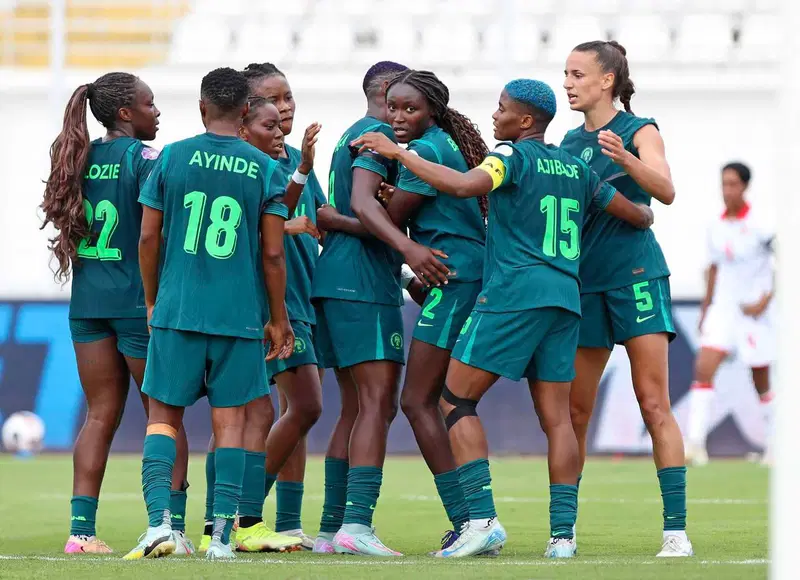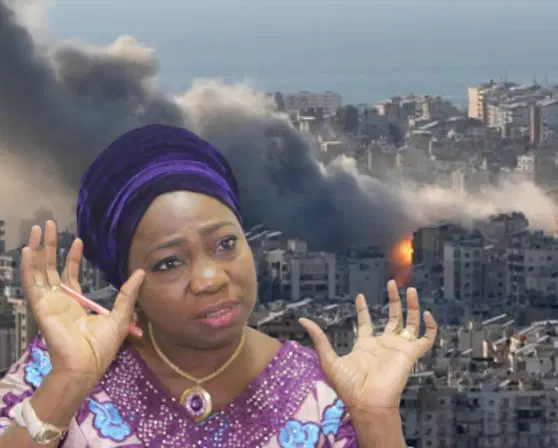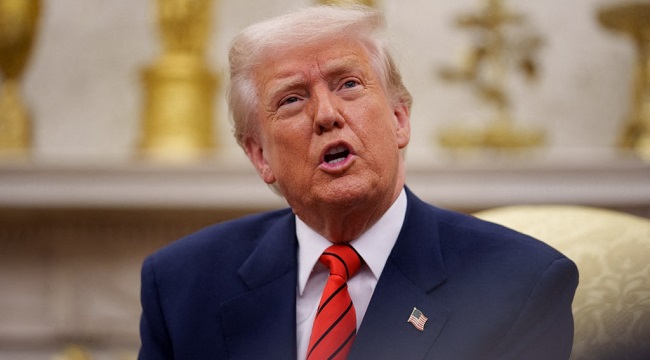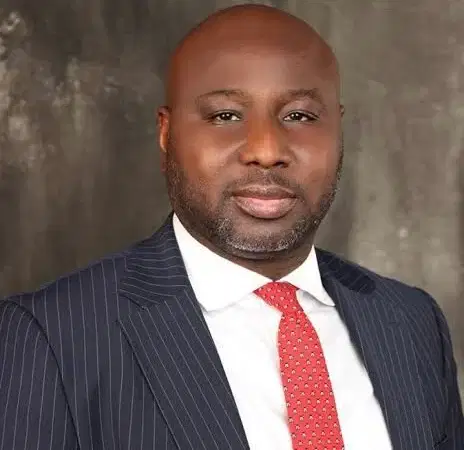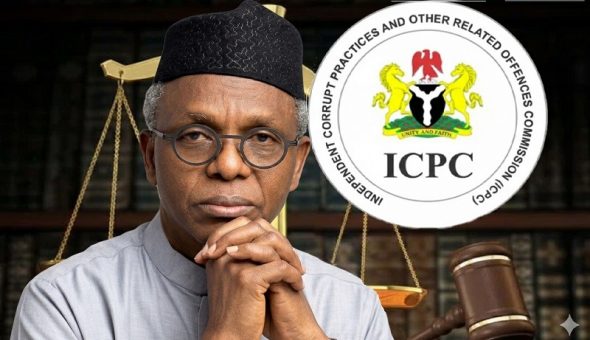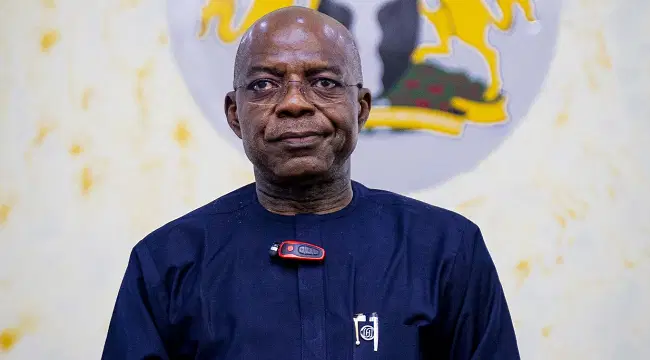Feature
Broadcasting The Nigerian Vibe: The Birth Of Nigerian Radio And Tv

Nigeria’s entertainment, culture, and news landscape would not be what it is today without the significant influence of radio and television. From the early days of broadcasting, these mediums have shaped public opinion, connected Nigerians from all walks of life, and played a crucial role in defining the country’s identity. As we take a trip down memory lane, we look at how Nigerian radio and TV stations came into existence, how they evolved over the years, and the impact they had on the nation.
The Birth of Nigerian Radio: A New Wave of Communication
The story of radio broadcasting in Nigeria begins in the late 1940s, during British colonial rule. The British government, recognizing the need for mass communication in a country as diverse as Nigeria, established the first radio station in 1951. It was called the Radio Diffusion Service (RDS), and it began operating in the capital city, Lagos. This was the very beginning of radio broadcasting in Nigeria.
Initially, the service was geared toward providing news, information, and entertainment primarily to the expatriate community. But over time, RDS became a powerful tool for reaching out to a growing Nigerian audience. It wasn’t long before the station started airing content that catered to the interests of the indigenous population, which helped bridge the cultural divide.
In 1957, the government realized the potential of radio as a unifying force for the country and took a significant step by founding Federal Radio Corporation of Nigeria (FRCN). The FRCN helped standardize radio broadcasting, and it was from this point onward that the power of the airwaves started to truly take shape. It became clear that radio was not just a means of entertainment, but also a vehicle for disseminating information, especially in a country with such diverse cultures and languages.
FRCN, alongside regional radio stations that sprang up in the 1960s, brought radio to all corners of the country, allowing the government to address national issues and promote unity. In a country divided by ethnicity and language, radio served as a unifying force. Local language programs were introduced, enabling Nigerians to listen to content in their mother tongues, while programs in English and other major languages helped maintain national cohesion.
The rise of local radio personalities, who became celebrities in their own right, was another major development. These radio hosts not only brought entertainment into the homes of Nigerians, but also played an essential role in promoting social and cultural change. They were the first to introduce Nigerians to a wide range of music genres—traditional folk songs, highlife, jazz, and later, pop music—shaping the nation’s musical tastes and culture.
Television: The Next Frontier in Nigerian Broadcasting
The rise of television in Nigeria followed a similar trajectory to that of radio. While radio had already begun to make waves across the country, the introduction of television offered a new and exciting dimension to the Nigerian media landscape. Television arrived in Nigeria in 1959, when the Nigerian Television Service (NTS) was established in Lagos, operating under the auspices of the Nigerian government. For many Nigerians, the sight of moving images on the screen was nothing short of magical.
Just like radio, television became an important tool for educating and informing the masses. The programs that aired in the early days of Nigerian TV were mostly educational, with news, documentary features, and cultural programs. But, it wasn’t long before entertainment made its mark. The introduction of drama series, comedy shows, and cultural presentations brought a new dimension to television in Nigeria.
In the 1960s, Nigeria began to see the emergence of regional television stations. One of the most notable of these was Western Nigeria Television (WNTV), which began broadcasting in 1959. It was the first television station in West Africa and set the stage for the development of other regional stations. These stations not only broadcast news, but they also became an outlet for local talent, providing a platform for Nigerian filmmakers, actors, and musicians.
As television grew in popularity, it began to change the way Nigerians consumed entertainment. From shows like “The Village Headmaster” to “Tales by Moonlight”, TV programs began to resonate with Nigerian audiences on a deep cultural level. These shows reflected the unique aspects of Nigerian life, from its diverse languages to its rich traditions and customs.
One significant contribution of television in Nigeria was its role in educating the public. In the years following Nigeria’s independence in 1960, TV programs like “The Nigerian Independence Broadcast” became crucial in shaping national pride and identity. With their wide reach, these programs helped spread government policies and created a more informed populace.
Entertainment and Culture: The Fusion of Radio and TV
While radio and television were both independent mediums in their own right, they were also complementary. Together, they became essential tools in the dissemination of culture and entertainment. For many Nigerians, their daily routines included a dose of radio or TV, whether it was listening to the latest hit music, enjoying comedy skits, or keeping up with current events.
The relationship between radio and television also extended to music. Radio stations were the primary avenue for introducing new songs and artists to the public. Television, on the other hand, gave musicians the opportunity to showcase their talent in a more visual format. Nigerian musicians, especially in the 70s and 80s, became famous not just through their music, but through appearances on TV shows and performances on radio broadcasts.
Cultural programming played a vital role in promoting Nigeria’s rich heritage. From dance shows to music concerts, and even educational programs about traditional arts and crafts, radio and television stations provided a platform for Nigerian culture to thrive. It was through these platforms that the rest of the world began to see the vastness and richness of Nigeria’s cultural diversity.
In the 80s and 90s, the Nigerian film industry, known as Nollywood, began to gain traction. While radio and TV had already been instrumental in broadcasting Nigerian music and drama, Nollywood actors and filmmakers saw an opportunity to bring Nigeria’s vibrant storytelling tradition to the screen. As TV stations began airing Nollywood movies, they helped to introduce the world to a new facet of Nigerian culture, which continues to grow today.
Broadcasting and the Role in Nation-Building
Radio and television, in addition to providing entertainment, played a vital role in shaping public opinion. In a nation as diverse as Nigeria, with over 250 ethnic groups and more than 500 languages, radio and TV stations helped shape the political landscape and encouraged national unity. In the post-independence years, radio and TV were the primary mediums through which political messages were conveyed to the public. Leaders used these platforms to address the masses, making them an integral part of the country’s nation-building efforts.
For example, during the Nigerian Civil War (1967-1970), radio became an important means of communication. The Nigerian government and the Biafran secessionists used the airwaves to spread their messages and rally support. The conflict, which lasted for over two years, saw the use of radio broadcasts to bolster the morale of troops and civilians alike.
In the years following the civil war, television also became a critical tool for promoting national reconciliation and rebuilding the country. During the 80s and 90s, programs began to tackle more sensitive political issues, encouraging dialogue and providing a platform for political debates.
The Changing Landscape: From State-Owned to Private Broadcasting
In the 90s and early 2000s, Nigeria’s broadcasting industry began to change, as private radio and television stations emerged. The government gradually opened up the broadcasting space, allowing private individuals and corporations to operate media outlets. This led to the rise of stations like Channels TV, Cool FM, and Nigerian Television Authority (NTA). These stations introduced more diverse programming, ranging from news shows to talk shows, reality TV, and music channels.
Private stations were quick to adopt the latest technologies, which brought a more global feel to Nigerian broadcasts. They introduced satellite TV, digital radio, and later, online streaming, expanding their reach far beyond Nigerian borders. Today, Nigerian radio and television stations have become globally recognized, with a significant presence in the African media landscape.
The Future of Broadcasting in Nigeria
Looking ahead, the future of Nigerian radio and television looks bright. The media industry has experienced an explosion of digital content, with online streaming platforms like Netflix, YouTube, and iROKOtv becoming popular outlets for Nigerian filmmakers and musicians to reach global audiences. Social media platforms such as Instagram, Twitter, and TikTok have also become key players in shaping public opinion and entertainment.
The birth of Nigerian radio and TV was just the beginning of a journey that continues to shape the nation’s entertainment, culture, and media landscape. These mediums remain at the heart of Nigeria’s identity, constantly evolving with the times, but always staying true to their core mission: to inform, entertain, and unite Nigerians.
In the end, radio and television in Nigeria have given the world a vibrant snapshot of the country’s rhythm, its soul, and its ever-evolving narrative. The Naija vibe continues to be broadcast loud and clear, connecting people and cultures both within Nigeria and beyond.
-

 News1 day ago
News1 day agoFour killed in Ramadan alms stampede in Katsina
-
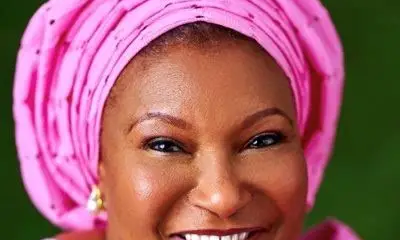
 News1 day ago
News1 day agoIreti Kingibe won’t return to Senate in 2027, Wike declares
-
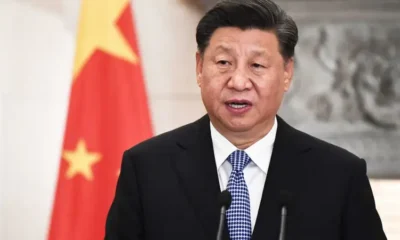
 World News1 day ago
World News1 day agoChina backs Iran’s ‘self-defence’ as middle East war escalates
-

 News1 day ago
News1 day agoNorthern states witness protests over Iran leader’s death
-

 Metro1 day ago
Metro1 day agoNAF neutralises senior terrorists in Sambisa air strikes
-

 News2 days ago
News2 days agoNEMSAS expands emergency medical services nationwide, urges NCC to strengthen 112 access
-
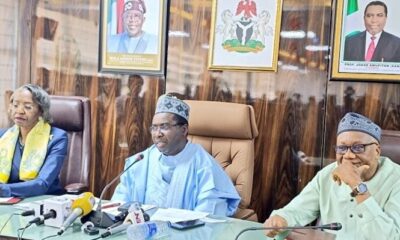
 News1 day ago
News1 day ago2027: INEC assures electronic result transmission, says perfect poll not guaranteed
-
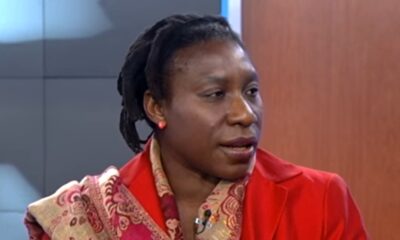
 News24 hours ago
News24 hours agoIyabo Obasanjo joins APC, declares Ogun governorship ambition



